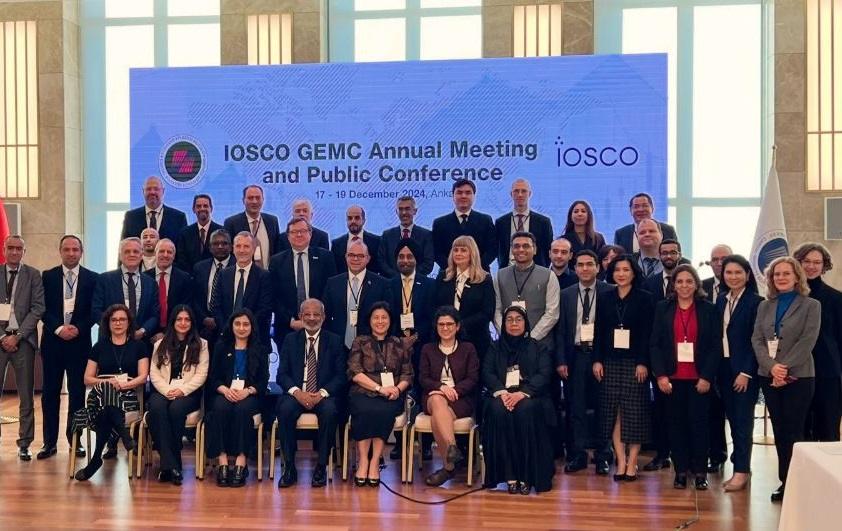Less Than Half of Professionals Confident in Organizations’ ESG Reporting Capabilities: Deloitte
Less than half of professionals are confident in the abilities of their organizations’ finance teams to gather and report on ESG financial metrics, according to new poll results released by global professional services firm Deloitte, with data collection and staffing shortages cited as the top ESG reporting challenges.
The survey of over 3,000 professionals at an event discussing ESG reporting readiness also indicated that very few organizations have put in place dedicated ESG reporting professionals, despite significant perceived benefits.
The low confidence marks of the poll come as organizations globally will be expected to meet increasing regulatory requirements to report on their climate and sustainability-related risks, opportunities and plans, with new ESG disclosure requirements being introduced across jurisdictions including the U.S., EU and UK, among many others.
Dina Trainor, Managing Director, Deloitte Risk & Financial Advisory, said:
“It’s concerning to see so few respondents reporting confidence in their ESG reporting as we await new U.S. regulatory guidance on climate disclosure reporting requirements. Now is the time to take a close look at your organization’s current ESG reporting capabilities and protocols and undertake improvements if needed. The good news is that there are clear actions organizations can pursue that have a strong correlation to building trust in ESG reporting.”
According to Deloitte, only 45.7% of poll respondents reported that they were confident in their organization’s finance team’s ability to gather and report on ESG metric such as DEI, sustainability and governance for regulatory compliance purposes.
The poll found, however, that confidence in ESG reporting capabilities increased significantly if organizations had dedicated ESG reporting staff in place, or if finance teams were involved in ESG matters. Professionals at organizations with an “ESG Controller,” or an individual focused on the financial reporting and controls aspects of ESG, in place reported 75.5% confidence in their organization’s ESG reporting capabilities, fully 30 percentage points higher than those without such a position. Similarly, professionals at organizations in which finance teams had some level of influence on ESG matters were more than twice as likely to report that they were confident on ESG reporting, at 60.7%, compared to only 27.2% at organizations without finance function influence on ESG.
Despite the confidence gap uncovered by the poll, less than one in five (16.4%) of respondents said that their organizations have an ESG controller, 41.6% reported no plans to hire one, and only 7.2% reported plans to add such a position in the next year. Similarly, just over half (53.4%) of the professionals reported that their finance teams have some level of influence on ESG matters, with only 17.2% reporting a “high” level of influence such as attending board or management meetings, involvement in defining policies or issuing ESG reports to management.
The poll also examined the challenges facing controllership teams on their ESG efforts, with data collection cited as the greatest challenge by 26.3% of professionals, followed by shortage of staff appropriately skilled to support ESG controllership issues at 17.6% and changing organizational processes to enable effective ESG reporting at 17.0%. Professionals at organizations with an ESG controller were much more likely to report data collection as the top challenge, at nearly 40%.
Deloitte Risk & Financial Advisory Partner Matt Hurley said:
“The basics of ESG reporting are universally challenging. Surprisingly, those that have ESG controllers in place report data collection challenges at a higher rate, possibly because that individual is more in tune with the unique challenges that ESG data aggregation and controls can pose. It’s important that organizations focus on building the foundation — including sourcing, cleaning, and assuring data — to support successful, confident reporting on the back end.”






